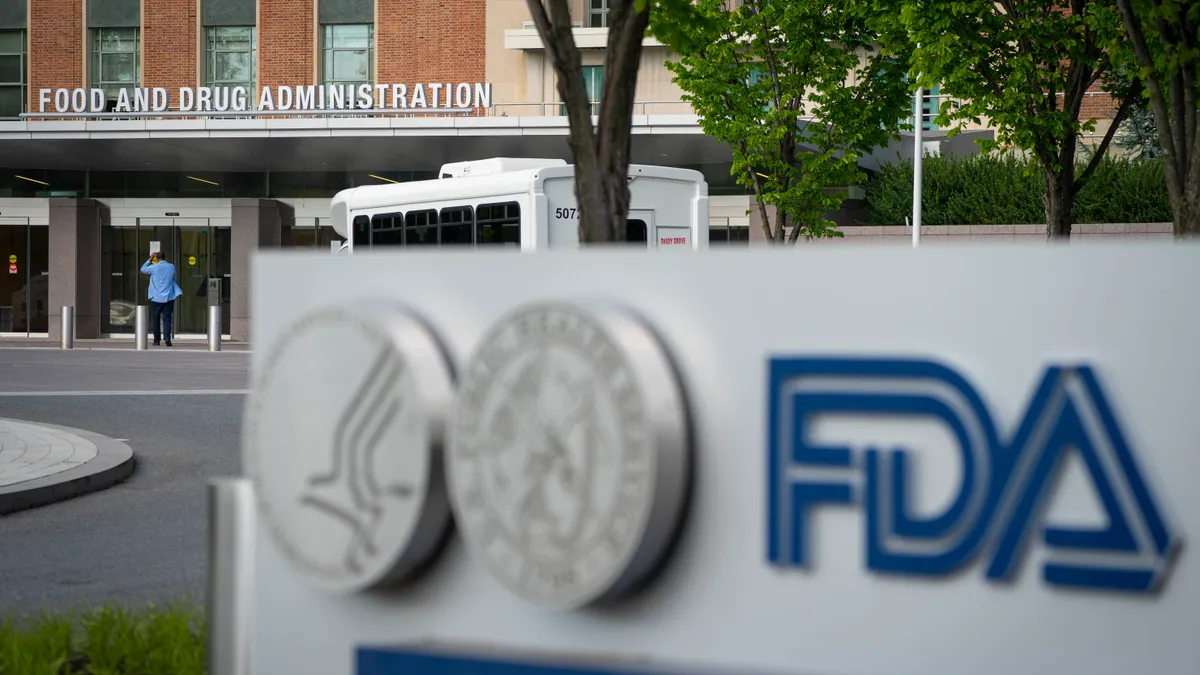Dive Brief:
- The current system for monitoring and recalling medical devices is failing patients, physicians wrote in the journal Health Affairs on Thursday.
- With the Government Accountability Office (GAO) reviewing device recalls, the physicians looked at the current process to generate suggestions for improving medical device safety in the U.S.
- The physicians advised the GAO to propose ways to clear barriers to the implementation of unique device identifiers (UDIs) and assess how the FDA can better use the National Evaluation System for Health Technology.
Dive Insight:
The GAO last investigated medtech vigilance in 2011, leading to a report that concluded the Food and Drug Administration “should enhance its oversight of recalls.” The report informed the Food and Drug Administration Safety and Innovation Act (FDASIA), which was signed into law in 2012 and addressed three of the four GAO recommendations. Actions by the FDA addressed the fourth recommendation.
However, an article in the New England Journal of Medicine noted that, while “many experts have called for substantial changes,” FDASIA revisions to the safety of authorized medical devices were “generally limited to ... requests for the FDA to develop frameworks, strategies or processes related to improving postmarketing surveillance and enforcement.”
After reviewing the current situation, the authors of the Health Affairs paper concluded that the existing system is “failing to meet the needs of public health amidst increasing consequential recall frequency and severity.” The conclusion is informed by increases in serious recalls, adverse event reports and the time to termination for Class I recalls.
The physicians have three main recommendations for the GAO. First, the authors are advising the office to consider how “strengthening FDA’s ability to identify safety concerns before device authorization can help reduce the risk of future recalls.” Specific suggestions include reforms to the 510(k) pathway and “new evidence thresholds for supplemental approvals to reduce potential safety risks.”
Second, the physicians are advising the GAO to explore how the FDA and manufacturers “can better collaborate on device recalls,” with a particular focus on “expediting recall timelines.” As part of that suggestion, the authors are suggesting that GAO revisit the UDI recommendation it made in 2011. The FDA acted on the recommendation but adoption of UDIs by payers and providers is limited.
Third, the authors want the GAO to “clarify the contexts in which FDA should be using its existing enforcement authorities.” Sens. Richard Durbin, D-Ill., and Richard Blumenthal, D-Conn., who called for the GAO review, asked about this in several of their questions. By clarifying the situation, the physicians believe the GAO can empower the FDA and “blunt political pressure on the agency.”












